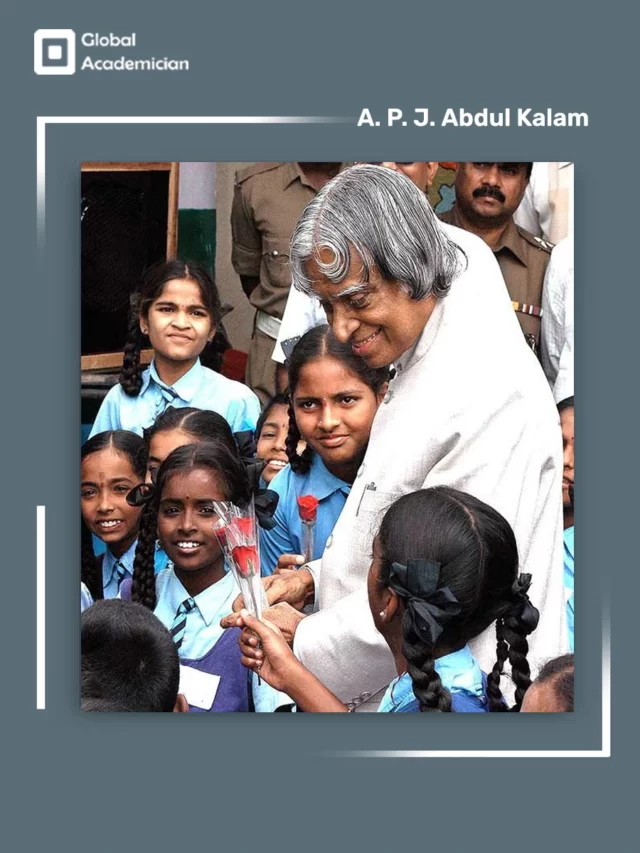In a significant move aimed at reducing the immense stress faced by students, Union Education Minister Dharmendra Pradhan has revealed that appearing for class 10 and 12 board exams twice a year will no longer be compulsory. This new option allows students to choose the frequency of their board exams, akin to the engineering entrance exam JEE, where they can select the best score.
Union Minister Dharmendra Pradhan emphasized that this change is entirely optional, with no compulsion for students to take the exams twice a year. This flexibility aims to alleviate the stress associated with the fear of a single opportunity, providing students with a more comfortable learning experience.
Receiving positive feedback from students regarding the plan to implement biannual board exams, Pradhan expressed his hope to introduce this system from 2024 onwards.
However, amidst discussions about education reforms, the issue of ‘dummy schools’ has also come to the forefront. Pradhan acknowledged that while the number of students enrolled in such schools is relatively low compared to the total student population, it’s crucial to address this matter seriously and engage in deliberations.
The government is committed to making coaching unnecessary for students by enhancing the quality of education. Many NEET and JEE aspirants currently enroll in schools in their home states and then relocate to Kota for coaching. The phenomenon of ‘dummy schools’ has been a concern for experts who argue that not attending regular school affects students’ personal growth and causes feelings of isolation and stress.
Regarding the Central Advisory Board of Education (CABE), Pradhan noted that it is in the process of reconstitution to better align with the demands of today’s education system. As the nation undergoes a paradigm shift with the implementation of the new National Education Policy, CABE is being remodeled to review and support the various reforms introduced.
Additionally, Pradhan revealed that two Indian Institutes of Technology (IITs) in Delhi and Madras are progressing toward establishing offshore campuses. Talks are also underway with multiple countries expressing interest in collaborating on these initiatives, with the Ministry of External Affairs coordinating the efforts.
Finally, Pradhan addressed the concerns raised by states like Karnataka and West Bengal regarding the National Education Policy (NEP). He emphasized that their objections are more political than academic and expressed confidence in the NEP’s merits.
In conclusion, the Education and Skill Development ministries are working in tandem to nurture a generation of learners equipped with the skills necessary for success in the 21st-century workplace. Initiatives like the Academic Bank of Credit aim to promote student mobility across Higher Education Institutions while integrating practical skills and experiences into a credit-based system.
Recommended Read:
- Kota Coaching Center Guidelines: 21-Day Gap Between Tests and Mandatory Off Days
- NTA Releases 2024-25 Exam Calendar for JEE, NEET, CUET, and UGC-NET
- CBSE Single Girl Child Scholarship 2023 for Class 10
- University Rankings 2024: IISc Tops in India; Oxford University Claims Global Throne
- Time Management: Your Secret Weapon for Achieving Academic Success
To stay ahead and stay informed about the latest educational updates, trends, and insights, we invite you to subscribe to our newsletter and regularly explore our blog. You can also connect with us on our Facebook Page to join our educational community at Global Academician. Join us on these platforms and embark on a journey of continuous learning and knowledge sharing.





